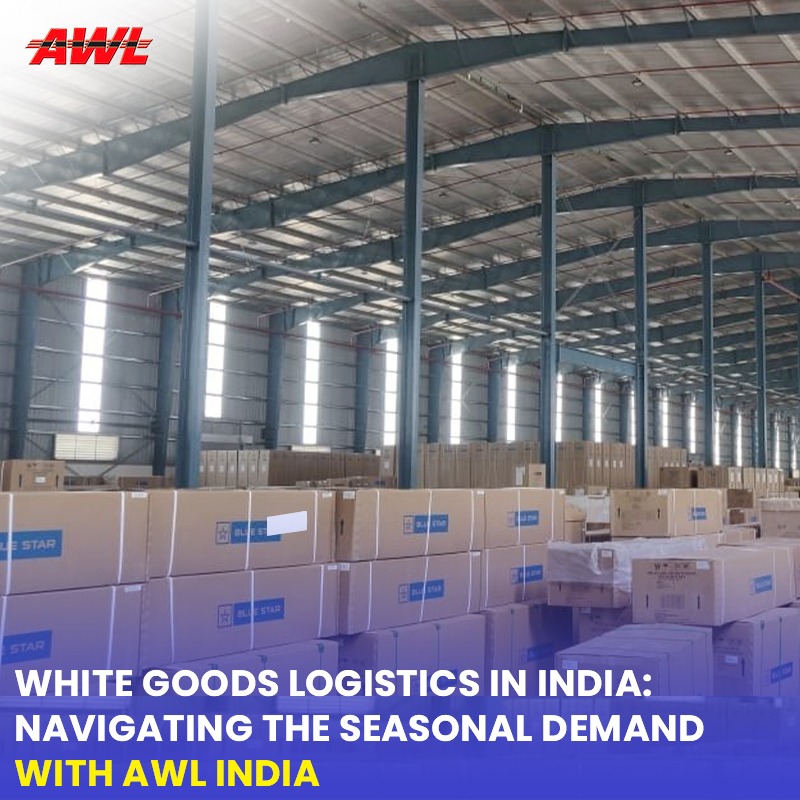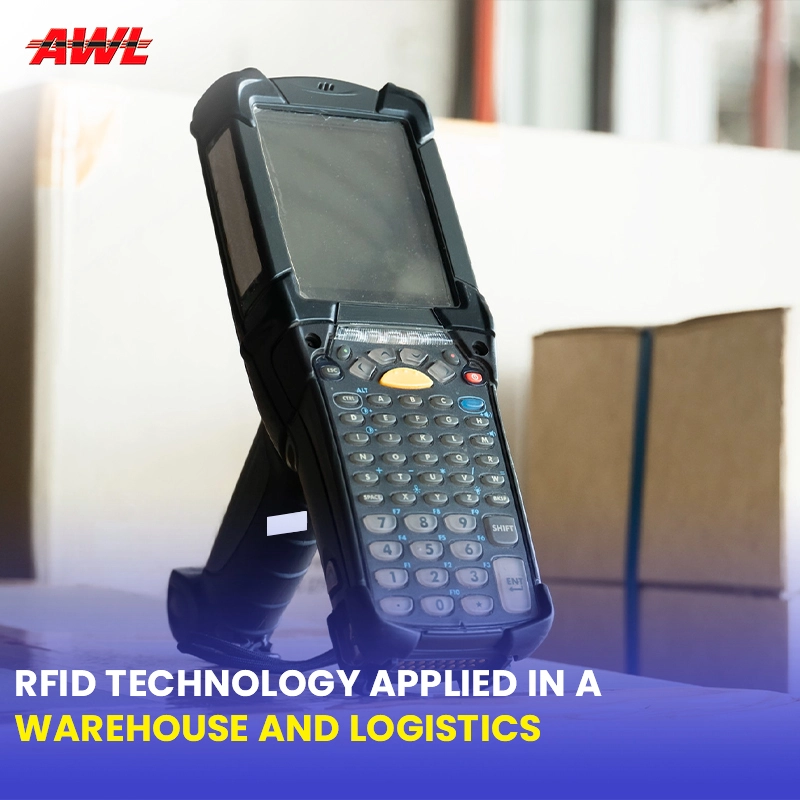

When selecting a warehouse management system (WMS), your selection will be influenced by several criteria unique to your company, including the number, size, and location of your warehouses, the sorts of items you must manage, and the number of order lines you must handle. At AWL India, we believe that it will also rely on whether you want the system to handle B2B, B2C, return management, and other flow types, what other tools it must interact with, what support is available, your budget, and other criteria. These things matter as they are directly proportional to the system’s efficiency. AWL India is one of the leading warehousing and logistics solutions providers in India that also offers the best warehouse management system that can be beneficial for your business. Today, we will look at 10 of the most important parameters that you should consider when picking a WMS supplier.
Numerous parameters should be kept in mind when you consider your warehouse management system. AWL India has compiled some of the most crucial factors that you should consider while determining your WMS supplier. However, in any case, it is critical to select a WMS that can fulfil your present and future requirements. Also, it is advisable to carefully examine all aspects of the warehouse management system before finalizing to reap the maximum benefits. Here is a list of 10 such factors that should be considered while determining the warehouse management system:
Deploying a WMS may prompt you to evaluate and improve your organization, processes, and flows. However, it is critical to select a warehouse management system that is adaptable enough to meet your changing company requirements. For example, certain businesses, such as logistics providers, require a highly customizable system that can meet the diverse needs of different clients while also adapting to future demands and changes.
Not only your present business requirements but the system should be scalable enough to cater to your future business requirements. In other words, the WMS should be scalable enough to meet your future business demands. However, a WMS that can easily cater to your existing business demands along with the capacity for more, would be the ideal one that can cater to your future expectations as well. Moreover, in the future, you can decide to diversify your product portfolio or logistical flows, get bigger order volumes, expand into new areas, or undergo other business changes.
Looking at the current scenario of the logistics industry, AWL India believes that it is essential to select a WMS that is cloud-based. Since the logistics requirements are continuously evolving, thus the WMS must be adaptable. Cloud-based applications provide a solution to this problem: in addition to relieving your employees of the burden of ongoing infrastructure maintenance, cloud-based systems allow additional resources to be allocated automatically during workload peaks, which is not possible with on-premise architectures. Furthermore, a cloud-based warehouse management system using RFID provides new features and upgrades on a much more frequent basis.
If your company handles extremely large order volumes or has significant workload peaks, it's critical to ensure that the WMS satisfies your robustness and performance requirements. Along with the existing inventory management system that the WMS would provide, having an RFID inventory tracking system integrated with your WMS can be extremely beneficial. AWL India is also one of the leading RFID inventory tracking system solutions providers in India. In other words, transaction response times, processing, and database update rates are enough to evaluate the performance of the system before determining.
Integrating the WMS with additional technologies is critical for optimizing logistics operations and maintaining real-time visibility of inventory and logistics movements. The solution should work seamlessly with other programs like your ERP system, Transport Management solution (TMS), Order Management System (OMS), and e-commerce platform. On a more technical point, make sure the WMS supports the integration and data-sharing protocols you need along with your order fulfillment process.
Another important element to consider is the user interface: the simpler and more intuitive it is, the quicker the learning curve for your operators, particularly seasonal and temporary staff. A user-friendly WMS interface along with an RFID inventory system, also increases team efficiency and can even help recruit employees during a period when talent is scarce. That's not all: it is advisable to ensure whether the interface can be customized or not for different sorts of sites in your logistics network, such as manufacturing facilities, warehouses, and retail locations.
Your logistics sites (factories, warehouses, retail locations, and so on) are linked not just to one another, but also to your larger ecosystem of suppliers (upstream) and carriers and consumers. Therefore, while selecting a WMS, it is critical to ensure that the system is open enough to enable exchanges and collaboration throughout your supply chain.
If you already have mechanised or automated systems in your warehouse, or if you intend to install them, the WMS must be able to interface with technologies of varying complexity (such as sorting machines, order-picking robots, conveyors, and marshaling yard systems), as well as orchestrate the associated processes, either directly or through the warehouse control system(s).
A contemporary WMS should be able to provide customizable reports and dashboards to assist with management, real-time decision-making, performance assessment, and continuous development. Some businesses may require a dashboard that provides a full picture of supply chain performance across all logistical facilities (see supply chain control tower).
Companies with operations in many countries want a multilingual WMS to facilitate application adoption across all sites. Beyond the technology itself, successful multi-country adoption requires sufficient vendor (or integrator) assistance.
Now that you’re aware of the 10 factors that you should consider while determining your WMS, it is safe to say that if you consider all of the above factors you can get the best warehouse management system for your business. Moreover, AWL India is also one of the leading warehouse management systems or WMS providers in India. Moreover, we at AWL India also provide technical help to ensure the success of the WMS for your business. Last but not least, the cost of the application and the accompanying installation expenses are important elements to consider when selecting a WMS. Therefore, it is advisable to contact us today to get the best WMS for your business at the most affordable prices.

